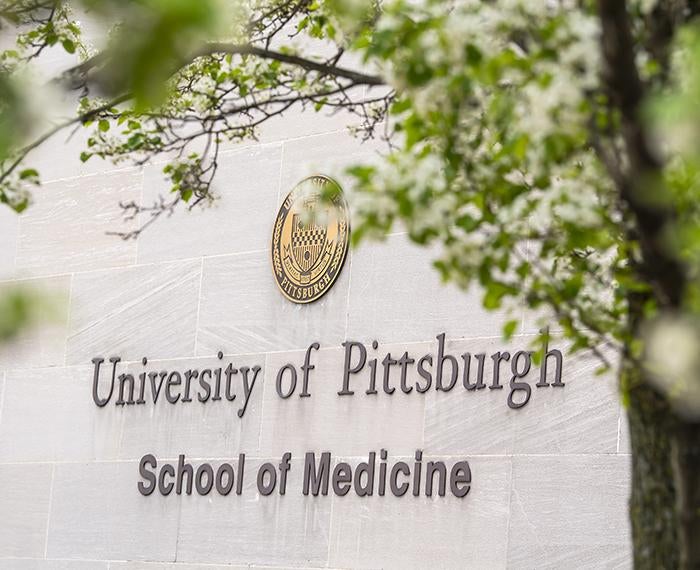
Subscribe to Pittwire Today
Get the most interesting and important stories from the University of Pittsburgh.Pitt Medicine researchers will study ableism with a $3.2M NIH grant

University of Pittsburgh researchers have been awarded a five-year, $3.2 million grant from the National Institutes of Health as part of a new program investigating how ableism contributes to health disparities.
“Ableism is when people are treated unfairly or judged because of a real or assumed disability, and it is a widespread and harmful problem in health care,” said Lynn Worobey, assistant professor in the Department of Physical Medicine and Rehabilitation at Pitt’s School of Medicine. “People with disabilities have different and unique experiences of discrimination in clinical settings. In this project, we will start by looking at how discrimination affects people with mobility disabilities.”
Worobey and her team will interview patients and clinicians about their experiences and attitudes. The team also plans to use AI to examine medical records for ableist language.
The potential implications are huge: roughly 1 in 7 Americans identifies as having a mobility disability. This proportion is only set to increase as America ages, people live longer and medical science continues to advance.
“We want to better understand the reasons why discrimination against people with disabilities happens in health care and its impact, so that we can create and test ways to reduce this bias in the future,” Worobey said.
Dr. Worobey is co-PI on this project, along with Heather Feldner of the University of Washington. Other investigators on the project include Michael Boninger, Gina McKernan, Marshall Tempest, Elizabeth Stanley and Stacy Eckstein, all of Pitt.

